| Weight | 1 lbs |
|---|---|
| Dimensions | 9 × 5 × 2 in |
| host | rabbit |
| isotype | IgG |
| clonality | polyclonal |
| concentration | 1 mg/mL |
| applications | ELISA, ICC/IF, WB |
| reactivity | tagged fusion proteins |
| available sizes | 1 mg, 100 µg, 25 µg |
rabbit anti-HA tag polyclonal antibody 6395
Price range: $100.00 through $2,600.00
Antibody summary
- Rabbit polyclonal to HA tag
- Suitable for: WB, ICC/IF, ELISA
- Reacts with: tagged fusion proteins
- Isotype: IgG
- 100 µg, 25 µg, 1 mg
rabbit anti-HA tag polyclonal antibody 6395
| antibody |
|---|
| Database link: Sequence -YPYDVPDYA Derived from HA 118-127. Example strain H3N8 Q03909 |
| Tested applications WB,ICC/IF,ELISA |
| Recommended dilutions user optimized |
| Application Notes Rabbits were immunized with highly purified YPYDVPDYA (influenza hemagglutinin-HA-epitope) and the resulting antiserum was collected. Antibody was immunoaffinity purified off an antigen containing immunosorbent. Antibody concentration was determined using an absorbance at 280 nm: 1.4 equals 1.0 mg of IgG. |
| Immunogen Highly purified YPYDVPDYA (influenza hemagglutinin-HA-epitope) |
| Size and concentration 25, 100, 1000µg and 1 mg/mL |
| Form liquid |
| Storage Instructions 2-8°C |
| Storage buffer PBS, pH 7.2, 0.09% NaN3 |
| Purity affinity purified |
| Clonality polyclonal |
| Isotype IgG |
| Compatible secondaries goat anti-rabbit IgG, H&L chain specific, peroxidase conjugated, conjugated polyclonal antibody 9512 goat anti-rabbit IgG, H&L chain specific, biotin conjugated polyclonal antibody 2079 goat anti-rabbit IgG, H&L chain specific, FITC conjugated polyclonal antibody 7863 goat anti-rabbit IgG, H&L chain specific, Cross Absorbed polyclonal antibody 2371 goat anti-rabbit IgG, H&L chain specific, biotin conjugated polyclonal antibody, crossabsorbed 1715 goat anti-rabbit IgG, H&L chain specific, FITC conjugated polyclonal antibody, crossabsorbed 1720 |
| Isotype control Rabbit polyclonal - Isotype Control |
| target relevance |
|---|
| HA tag is a small protein tag that minimally impacts protein structure. This antibody can be used to confirm expression and quantify HA tagged recombinant proteins in Western blotting and for their purification/copurification. When imaging in situ, HA tagged proteins can be identified by this antibody when used in conjunction with a suitable secondary antibody. Click for more on: epitope tags and HA tag |
| Protein names HA tag, Hemagglutinin tag, YPYDVPDYA |
| Biotechnology The HA tag, derived from the human influenza hemagglutinin protein, is a widely employed tool in recombinant protein expression and has become an invaluable asset in molecular biology research. When incorporated at the N- or C-terminus of a target protein, the HA tag serves as a short, immunogenic peptide sequence, enabling efficient detection, purification, and characterization of the expressed protein. Its small size minimizes disruption to the target protein???s structure and function, making it suitable for a diverse range of applications. The HA tag is specifically recognized by commercially available high-affinity antibodies, facilitating the precise and sensitive detection of the tagged protein in techniques like Western blotting and immunofluorescence. Additionally, the HA tag is compatible with affinity chromatography, enabling straightforward and effective purification of the tagged protein from complex cellular extracts. This versatility has made the HA tag a valuable tool for studying protein interactions, localization, and post-translational modifications, providing researchers with valuable insights into cellular processes and molecular mechanisms across various fields of biology and biotechnology. |
Data
Publications
| pmid | title | authors | citation |
|---|---|---|---|
| 35357490 | Polymerase theta-helicase promotes end joining by stripping single-stranded DNA-binding proteins and bridging DNA ends. | Jeffrey M Schaub, Michael M Soniat, Ilya J Finkelstein | Nucleic Acids Res 50:3911-3921 |
| 34585037 | Identification and Functional Characterization of a Novel Androgen Receptor Coregulator, EAP1. | Atsushi Yokoyama, Takumi Kouketsu, Yuri Otsubo, Erika Noro, Shun Sawatsubashi, Hiroki Shima, Ikuro Satoh, Sadafumi Kawamura, Takashi Suzuki, Kazuhiko Igarashi, Akira Sugawara | J Endocr Soc 5:bvab150 |
| 32719507 | Epigenetic cell fate in Candida albicans is controlled by transcription factor condensates acting at super-enhancer-like elements. | Corey Frazer, Mae I Staples, Yoori Kim, Matthew Hirakawa, Maureen A Dowell, Nicole V Johnson, Aaron D Hernday, Veronica H Ryan, Nicolas L Fawzi, Ilya J Finkelstein, Richard J Bennett | Nat Microbiol 5:1374-1389 |
| 32341095 | An Epilepsy-Associated SV2A Mutation Disrupts Synaptotagmin-1 Expression and Activity-Dependent Trafficking. | Callista B Harper, Christopher Small, Elizabeth C Davenport, Darryl W Low, Karen J Smillie, Ramón Martínez-Mármol, Frédéric A Meunier, Michael A Cousin | J Neurosci 40:4586-4595 |
| 31153714 | RPA Phosphorylation Inhibits DNA Resection. | Michael M Soniat, Logan R Myler, Hung-Che Kuo, Tanya T Paull, Ilya J Finkelstein | Mol Cell 75:145-153.e5 |
Protocols
| relevant to this product |
|---|
| Western blot ICC |
Documents
| # | SDS | Certificate | |
|---|---|---|---|
| Please enter your product and batch number here to retrieve product datasheet, SDS, and QC information. | |||
Only logged in customers who have purchased this product may leave a review.
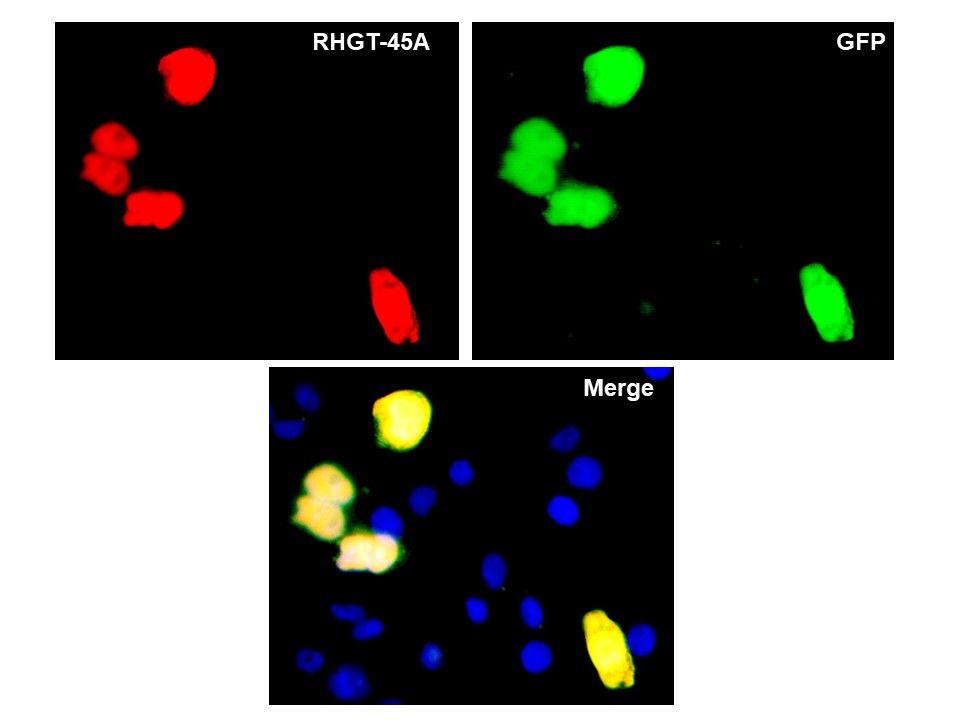
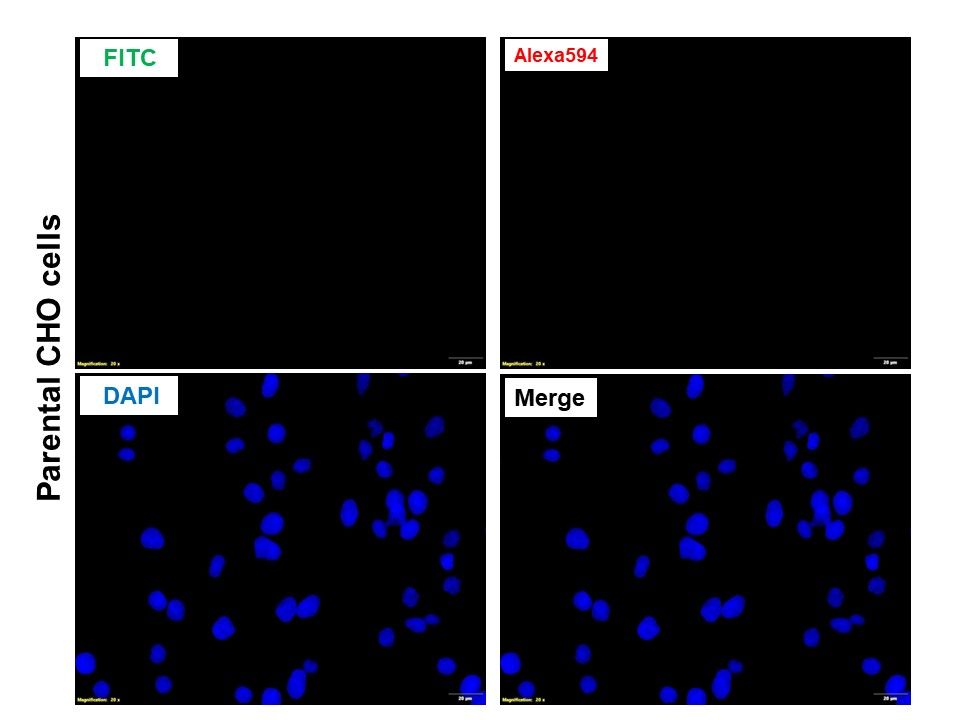
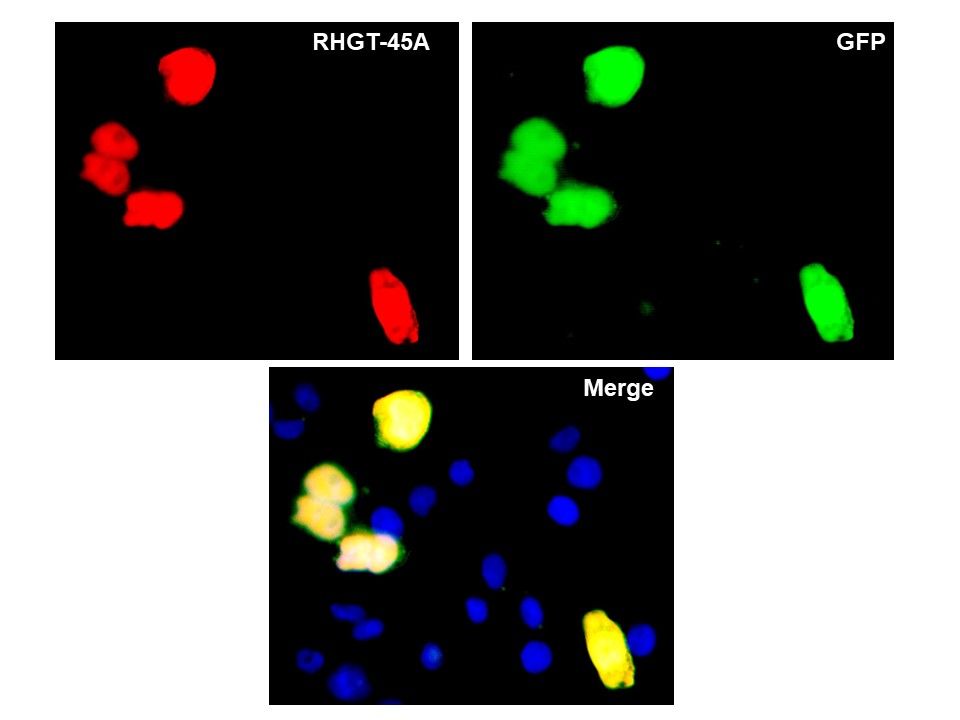
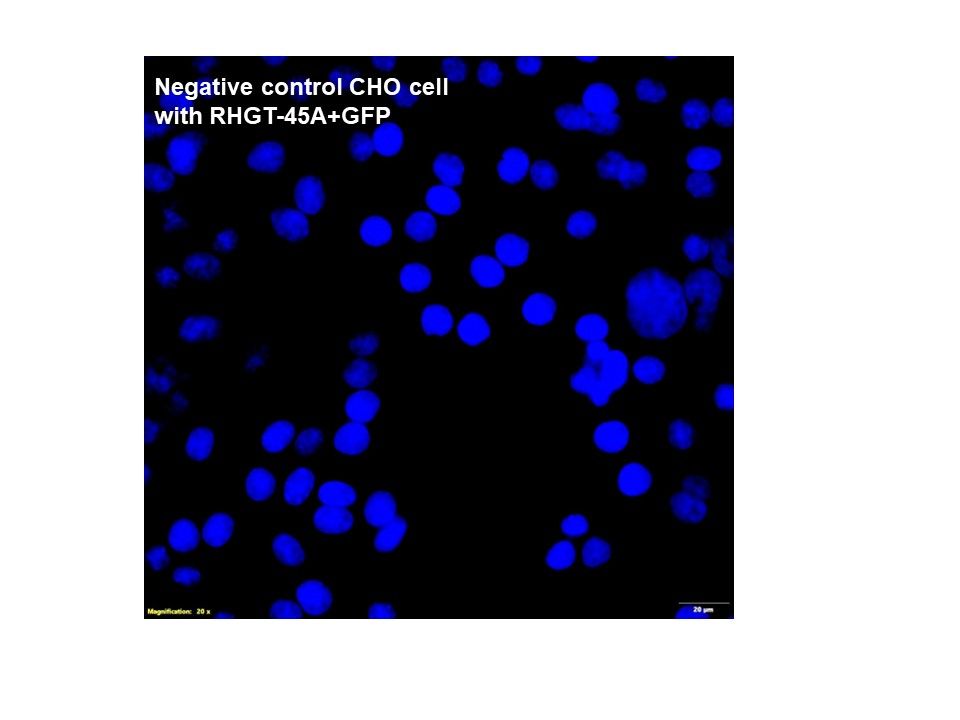
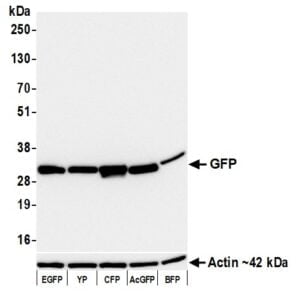
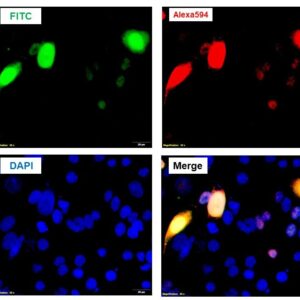
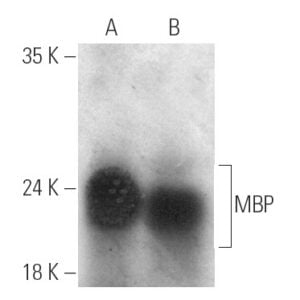
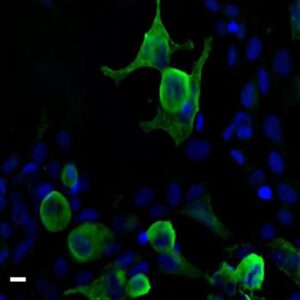
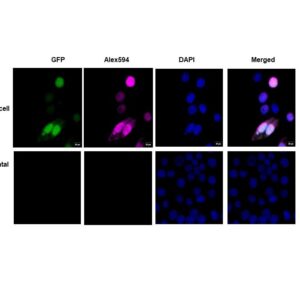
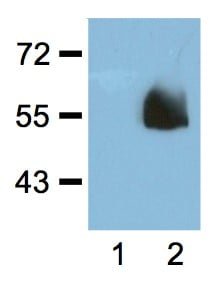
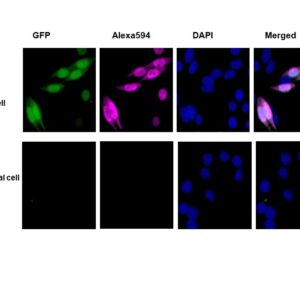
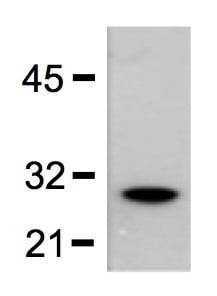
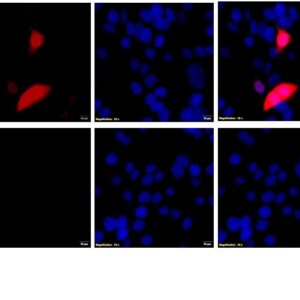
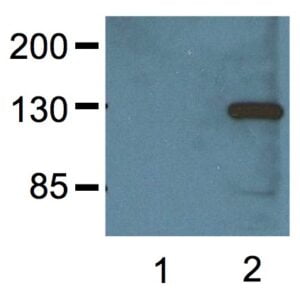

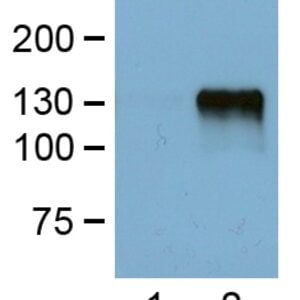

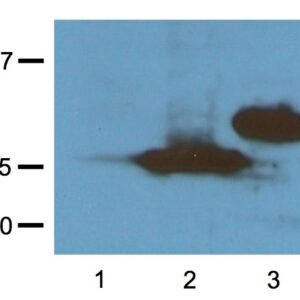
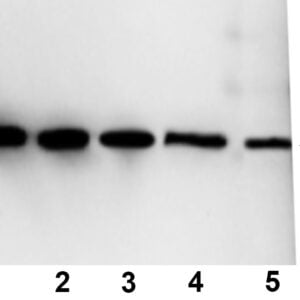
Reviews
There are no reviews yet.